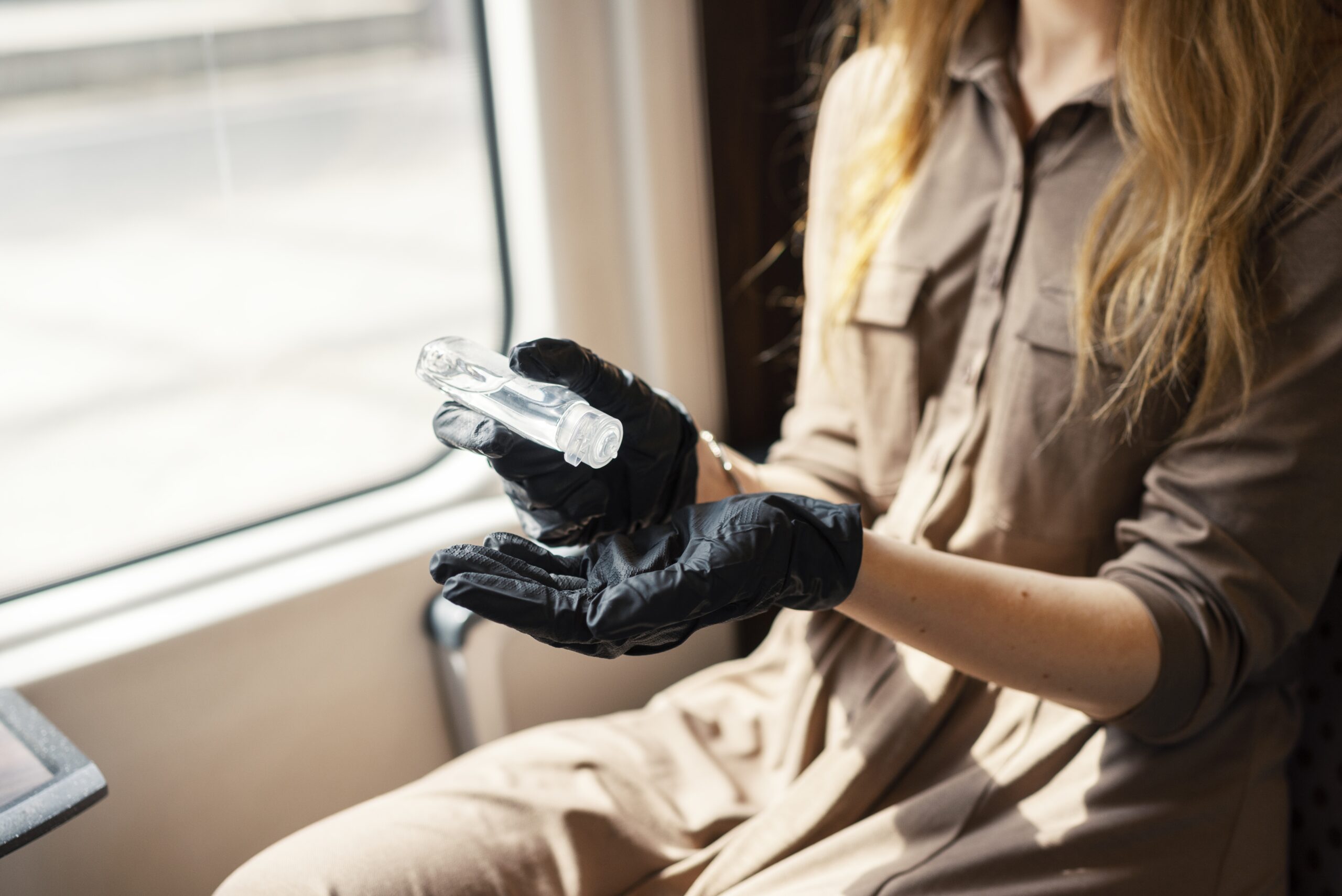If you’re struggling with dependency on zolpidem, an effective ambien rehab program can guide you through each vital phase of recovery—from safe detox through long-term aftercare. Ambien, a commonly prescribed sleep aid, can lead to physical dependence, withdrawal symptoms, and disrupted sleep patterns when used beyond medical guidelines. This article walks you through the essential steps in an ambien rehab program designed to address your unique challenges, provide comprehensive care, and equip you with the support necessary for lasting recovery.
Understand ambien misuse
What is Ambien
Ambien (generic name zolpidem) is a non-benzodiazepine hypnotic often prescribed for short-term insomnia. It works by enhancing activity at certain brain receptors to induce sleep. While effective for a limited period, extended use can lead to tolerance—requiring higher doses to achieve the same sedative effect—and eventually dependence.
Risks of long-term use
When you use Ambien beyond recommended durations, you may face:
- Increased tolerance and dosage escalation
- Cognitive issues such as memory lapses and confusion
- Daytime drowsiness and impaired coordination
- Potential interactions with alcohol or other central nervous system drugs [1]
These risks underscore the need for a structured rehab approach rather than abrupt discontinuation.
Signs of dependency
Recognizing dependency early can help you seek treatment sooner. Common indicators include:
- Taking higher doses than prescribed to fall asleep
- Spending significant time obtaining or using Ambien
- Experiencing anxiety, rebound insomnia, or irritability when doses are skipped
- Continuing use despite negative impacts on daily life
If you notice these signs in yourself or a loved one, a tailored treatment program can address both physical and psychological aspects of dependency.
Prepare for safe detox
Assess your needs
Before entering a rehab program, you and your care team will evaluate:
- Your medical history and any co-occurring mental health conditions
- The severity and duration of your Ambien use
- Support systems available at home or in your community
- Insurance coverage and program logistics
This assessment lays the groundwork for an individualized plan that balances medical safety with emotional support.
Choose a supervised program
Detoxing from Ambien without professional oversight can be uncomfortable or even dangerous. A supervised setting, such as a prescription pill detox, ensures you receive:
- Continuous monitoring by healthcare professionals
- Access to medications that ease withdrawal symptoms
- Immediate response to complications
- A structured environment to minimize relapse triggers
Selecting a reputable prescription pill detox center with experience in sleep-aid withdrawal is a crucial early step.
Get Help. Get Better. Get Your Life Back.
Searching for Accredited Drug & Alcohol Rehab Centers Near You? Or Mental Health Support?
Even if you have failed previously, relapsed, or are in a difficult crisis, we stand ready to support you. Our trusted behavioral health specialists will not give up on you. Call us when you feel ready or want someone to speak to about therapy alternatives to change your life. Even if we cannot assist you, we will lead you wherever you can get support. There is no obligation. Call our hotline today.
FREE Addiction Hotline – Call 24/7Begin medical detox
Setting up medical oversight
In your detox phase, clinicians will establish a safe taper schedule tailored to your situation. Tapering slowly reduces your zolpidem dose over days or weeks, limiting intense withdrawal. Medical staff will track vital signs and mental status, adjusting the plan as needed.
Managing withdrawal symptoms
Common withdrawal effects include rebound insomnia, anxiety, headache, and nausea. To manage these, your care team may offer:
- Non-addictive sleep hygiene techniques
- Short-term anti-anxiety medications under supervision
- Nutritional support and hydration
- Relaxation therapies such as guided breathing
Addressing symptoms promptly helps you stay comfortable and committed to recovery.
Medications during detox
While there are no FDA-approved medications specifically for Ambien withdrawal, some programs use off-label approaches, including:
- Melatonin or low-dose sedating antidepressants for sleep
- Clonidine or beta blockers for anxiety and restlessness
- Nutritional supplements to support brain chemistry
Your individualized plan will specify which medications, if any, are appropriate, always under close medical supervision.
Incorporate behavioral therapies
Therapies that address the attitudes and behaviors underlying drug use form the core of comprehensive care. According to the National Institute on Drug Abuse, behavioral therapies help you modify patterns related to substance use, handle stress, and avoid relapse triggers [2].
| Therapy | Description | Benefits |
|---|---|---|
| Cognitive behavioral therapy | Identifies and changes negative thought patterns | Improves coping strategies and relapse prevention |
| Contingency management | Provides tangible rewards for meeting treatment goals | Enhances motivation and program adherence |
| Family or couples therapy | Involves loved ones to address relational factors in addiction | Strengthens support network and communication |
By engaging in these evidence-based treatments, you’ll build skills to manage triggers, restructure unhelpful beliefs about sleep and medication, and foster healthier routines.
Utilize medication-assisted treatment
Approved medications and approaches
Though most studies on medication-assisted treatment focus on opioids or alcohol, the principle remains: combining medication with behavioral therapy often yields better outcomes. While no drug is specifically approved for Ambien dependence, programs that follow MAT principles may offer:
- Non-addictive sleep aids in tapering phases
- Supportive supplements for neurotransmitter balance
- Close monitoring to prevent substitution with other sedatives
Combining meds and therapy
Integrating medications with ongoing counseling ensures you address both physiological and psychological dimensions of recovery. This dual approach often leads to higher engagement and lower relapse rates. Your care team will coordinate dosing schedules with therapy sessions for maximum benefit.
Adopting low barrier care
SAMHSA emphasizes low barrier care to increase treatment access by reducing restrictive prerequisites and adapting to your individual circumstances [3]. This means flexible scheduling, culturally sensitive practices, and immediate entry into treatment when you’re ready.
Build a support network
Peer support groups
Connecting with others facing similar struggles provides empathy and accountability. Mutual help organizations such as Narcotics Anonymous or other prescription drug-focused groups can offer:
- Regular meetings to share experiences
- Proven frameworks for maintaining sobriety [4]
- A sense of community beyond the treatment setting
Professional counseling
Ongoing sessions with a licensed therapist or addiction counselor can help you navigate stressors, uncover underlying issues, and refine coping mechanisms. One-on-one support ensures personalized attention to your evolving needs.
Family and friends involvement
Including loved ones in your recovery fosters understanding and rebuilds trust. Family therapy can repair strained relationships and teach communication strategies that reinforce your sobriety goals.

Get Your Life Back
Find Hope & Recovery. Get Safe Comfortable Detox, Addiction Rehab & Mental Health Dual Diagnosis High-Quality Care at the We Level Up Treatment Centers Network.
Hotline (877) 378-4154Plan long-term recovery
Aftercare programs
After completing inpatient phases, a structured aftercare plan keeps you on track. Options include:
- Outpatient counseling
- Alumni groups at your rehab center
- Drop-in support meetings
These programs reinforce skills learned during rehab and help you adapt to daily life with reduced risk of relapse.
Relapse prevention strategies
Maintaining recovery involves:
- Identifying high-risk situations and early warning signs
- Applying coping techniques learned in therapy
- Scheduling regular check-ins with your support team
A proactive plan helps you address challenges before they lead to setbacks.
Lifestyle adjustments
Sustainable recovery hinges on overall wellness. Incorporate:
- Consistent sleep hygiene practices
- Regular physical activity and balanced nutrition
- Mindfulness or relaxation exercises
These habits support healthy brain chemistry and reduce the allure of returning to Ambien use.
Take the next step
Recovering from Ambien dependency is a journey that requires medical supervision, tailored treatment programs, and ongoing support. By following these essential steps—understanding misuse, safely detoxing, engaging in therapy, and planning for the future—you give yourself the best chance at lasting recovery. If you’re ready to explore a specialized ambien rehab treatment, our team is here to help. Learn more about our ambien rehab treatment or discover comprehensive options in our prescription drug rehab program. You don’t have to face this alone—we’ll support you every step of the way.
References
Experience Transformative Recovery at the We Level Up Treatment Center.
See our authentic success stories. Get inspired. Get the help you deserve.



Start a New Life
Begin with a free call to an addiction & behavioral health treatment advisor. Learn more about our dual-diagnosis programs. The We Level Up treatment center network delivers various recovery programs at each treatment facility. Call to learn more.
- Personalized Care
- Caring Accountable Staff
- Comfortable Amenities
- Licensed & Accredited
- Renowned w/ 5-Star Reviews





